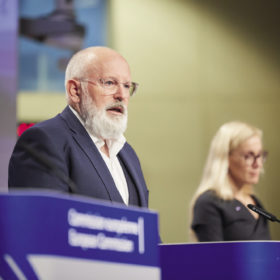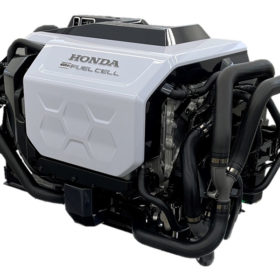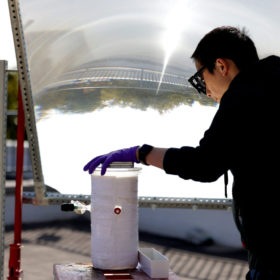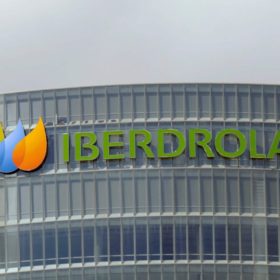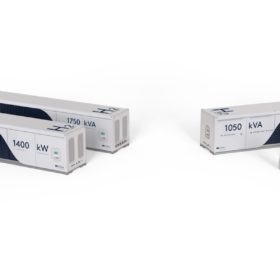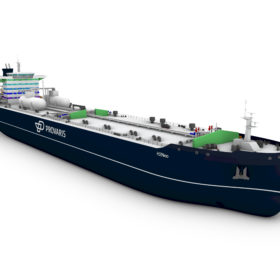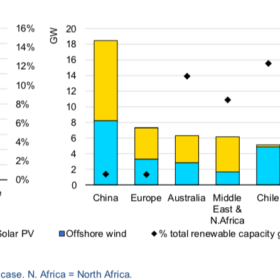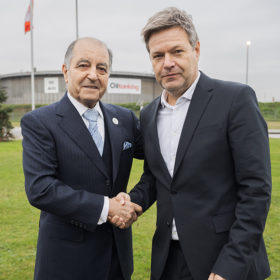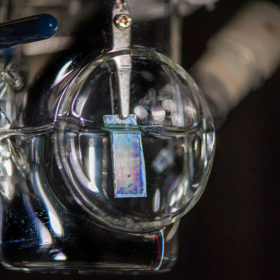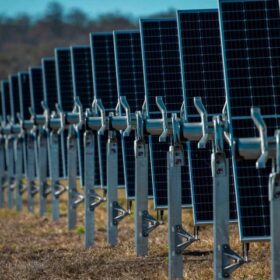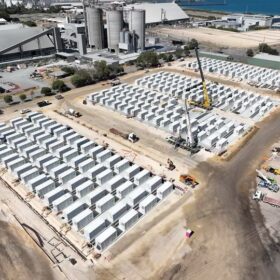Europe introduces new green hydrogen rules
The European Commission has presented the final version of its new rules for green hydrogen, with looser requirements to qualify hydrogen as “green.”
Honda reveals plans to halve fuel cell costs by 2030
Honda has revealed a new hydrogen strategy, while Air Liquide and TotalEnergies have announced a new hydrogen joint venture.
World’s largest hydrogen airplane makes first flight
The hydrogen stream: ZeroAvia tested its new 19-seat hydrogen-powered aircraft, Chinese scientists unveiled new tech to promote bubble removal in electrolysers, and Egypt-Japan University of Science and Technology researchers claimed that the most efficient hydrogen production systems are based on waste heat.
Photocatalytic water splitting with 9.2% solar-to-hydrogen efficiency
A US research team has developed a new technique to produce hydrogen from sunlight and water. It works in an indoor environment and uses pure water, concentrated solar light, and an indium gallium nitride photocatalyst.
Hydrogen production set for Tasmania
As Australia’s hydrogen project pipeline doubles in 12 months, Iberdrola announces investment in a green hydrogen and green methanol production plant in Tasmania. Meanwhile, projects in Scandinavia target the shipping industry.
Packaged hydrogen generators for land, sea applications
EODev will start delivering hydrogen generators by the end of 2024 to countries in the US, Europe, Australia and the Middle East, with a focus on regions with public incentive policies. German companies, meanwhile, have agreed to convert a gas pipeline network into a hydrogen pipeline network.
Australian compressed H2 carrier ship approved by ABS
Perth-based Provaris Energy said it is moving forward with its compressed H2 carrier, while Princeton University researchers have published a study on how the transition to hydrogen-based energy systems would affect the tropospheric burdens of methane and hydrogen.
Global renewables capacity for hydrogen to surge by 2027, says IEA
The International Energy Agency says that it expects the use of renewables to support global hydrogen production to surge over the next five years. The Netherlands and Denmark, meanwhile, have revealed plans to expand electrolysis capacity.
Germany to import green ammonia from Saudi Arabia from 2026
Germany has decided to build its first green ammonia import terminal in Hamburg, in collaboration with Air Products. Egypt, meanwhile, has signed $128 billion of hydrogen framework agreements.
Standardised measurements for solar water-splitting for green hydrogen
NREL and Berkeley Lab have proposed efficiency and stability best practices for solar water-splitting to make hydrogen, while a team of researchers from Malaysia and Pakistan have revealed their findings on the feasibility of hydrogen-based incineration.
